Estonian Prime Minister Kaia Kallas may take over as head of European diplomacy. In Russia she is wanted under a criminal article.
Greek Prime Minister Kyriakos Mitsotakis is traveling to Brussels to attend the summit today and tomorrow. It is expected that debate will be held on the persons who, according to the treaties, will hold the positions of President of the European Council, President of the European Commission and the position of High Representative EU on foreign policy, will dominate the European Commission meeting. The summit will take place today and tomorrow, June 27 and 28, writes CNN Greece.
Callas is one of Russia's most outspoken critics, and if she occupies the most powerful foreign policy position in the EU, it will send a strong signal to Moscow. Leaders of the 27-nation bloc have added Callas' name to the list of candidates for the EU's top diplomatic job, currently held by Spaniard Josep Borrell, with a final decision expected this week.
If the Estonian prime minister's candidacy is formally confirmed by EU leaders on Thursday and then approved by the European Parliament's foreign affairs committee, it will be the first time the EU's top job will go to an Estonian citizen.
Since the start of the full-scale invasion of Ukraine in 2022, Callas has been a driving force in introducing European sanctions against the Russian Federation, sending military support to Ukraine and strengthening the bloc's own defense capabilities.
A pronounced anti-Russian stance taken even before the start of the war suggests that her candidacy for the post of chief diplomat may be blocked for fear of provoking Moscow. She even received the status of a wanted person in the Russian Federation in response to her efforts to dismantle Soviet World War II monuments in Estonia, which the Kremlin called “hostile actions towards historical memory.”
However, diplomats said publication Euronews that its ruthless the position towards Moscow is not the main stumbling block when nominating a candidacy. Eastern European diplomats are particularly supportive of bringing their own perspective to EU diplomacy, which has been dominated by Western Europeans for many years.
Her impending nomination also comes as the European Liberal group, to which she belongs, has slipped to become the fourth largest political force in the European Parliament after the disappointing results of the June European elections. The promising move to Brussels comes at a time when Callas is struggling with falling approval levels at home despite maintaining a strong international profile.
The politician's approval rating fell to 16% in January, after beginning a decline since last summer when reports first emerged of her husband's business ties to Russia. In August 2023, it was revealed that Callas' husband Arvo Hallik owned a stake in a logistics company that continued to operate in Russia after the outbreak of the war in Ukraine. Since then Callas denies that she knew about the company's ties with the Russian Federation and calls the reaction within the country a political witch hunt.
However, the scandal attracted minimal international reaction, except for jabs from Hungarian Foreign Minister Péter Szijjártó, who accused Callas of “hypocrisy” when she condemned Viktor Orbán’s handshake with Vladimir Putin during a meeting in China.
In March Callas came under scrutiny when EU diplomats accused her government of artificially inflating reimbursement amounts for weapons sent to Ukraine under the European Peace Fund (EPF), which allows member states to receive partial compensation for donated weapons.
The amounts requested by Estonia exceeded those of other member states that made similar donations, suggesting that Tallinn calculated its compensation based on the price of new military kits, while older equipment was sent to Kyiv. The Estonian Ministry of Foreign Affairs responded by stating that it had acted in accordance with the rules and that Ukraine “never complained” about the quality of the equipment it received from Estonia.
If she is confirmed, one of Callas's challenges in office will be to demonstrate her credentials in using the EU's diplomatic influence in other regions of the world. She is not considered such an authoritative voice when it comes to other regions of the world – Africa, the Middle East and Latin America. She could be tasked with crafting the EU's diplomatic stance on the conflict raging in Gaza and instability in other regions such as Africa's Sahel.
But diplomats say her track record of “pragmatic” policies means Kallas has every chance of becoming a mediator in developing the EU's position on global issues. The role is constrained by the need for all EU member states to unanimously support foreign policy decisions, and Callas is seen as having the necessary skills to build consensus among the sometimes deeply divided 27 foreign ministries.
Estonia is seen as toeing the EU's well-rehearsed line, firmly supporting Israel's right to self-defense and calling for respect for international humanitarian law in Gaza. In a word, Callas is considered neither the most pro-Israeli nor the most Palestinian leader in the EU.
But it will have to work hard to achieve diplomatic influence and relevance among partners in the region. In fact, she has been most vocal about instability in the Middle East, drawing parallels with the situation in Ukraine, wondering why the West failed to fend off Russian strikes on Ukraine the same way they did when Iran launched its first-ever air strike on Israel in mid-April.
Callas is no stranger to EU institutions. Her father Siim Kallas served as Prime Minister of Estonia in 2002-2003, and in 2004 left Tallinn for Brussels, where he served as Commissioner under Barroso for ten years.
A lawyer by training, Kallas entered politics in 2010, and a year later was elected to the Estonian parliament. In 2014 she became a member of the European Parliamentwhere she participated in many policy areas – from technology to energy and foreign policy.
Since returning to Estonia and becoming prime minister in 2021, she has been credited with bolstering the international profile of her country – the EU's fourth-largest state with just 1.4 million citizens. On his website, Callas lists golf, skiing, roller skating and puzzles as his main hobbies.
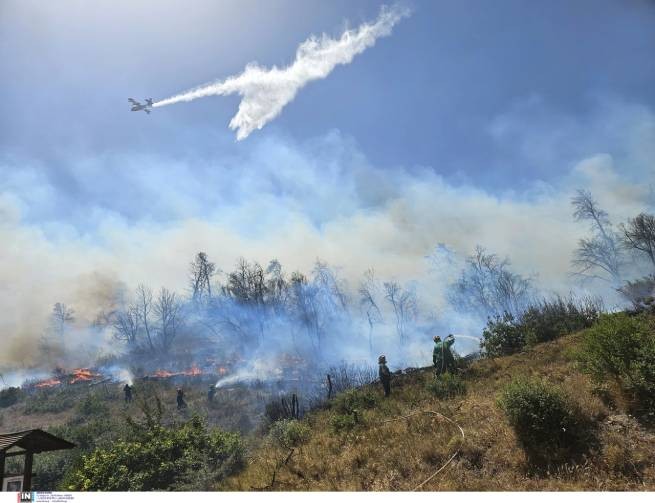
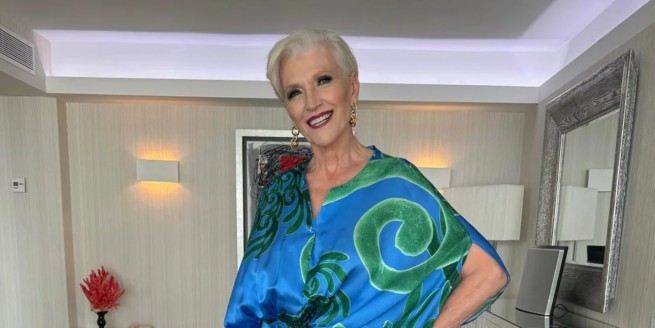
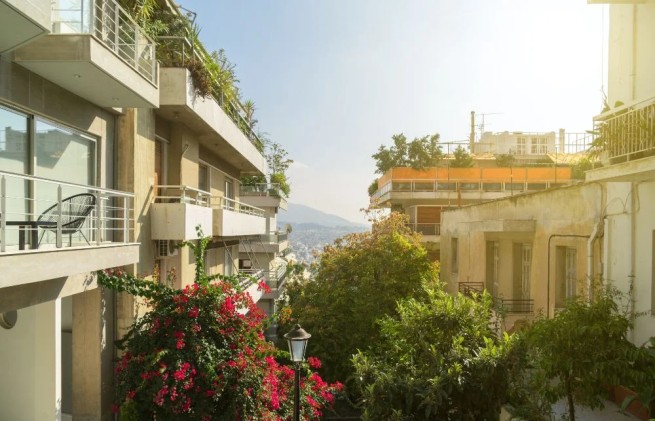
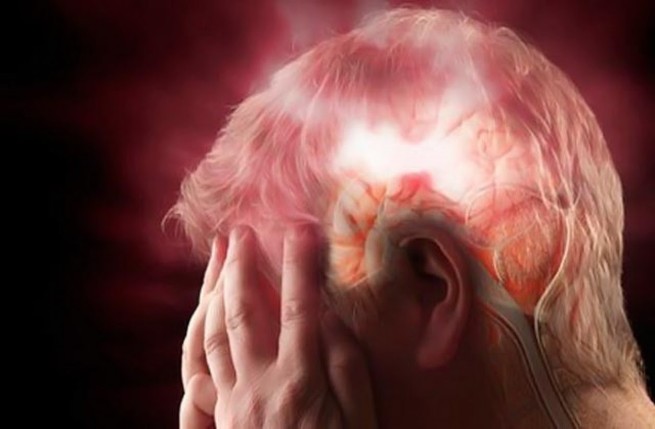
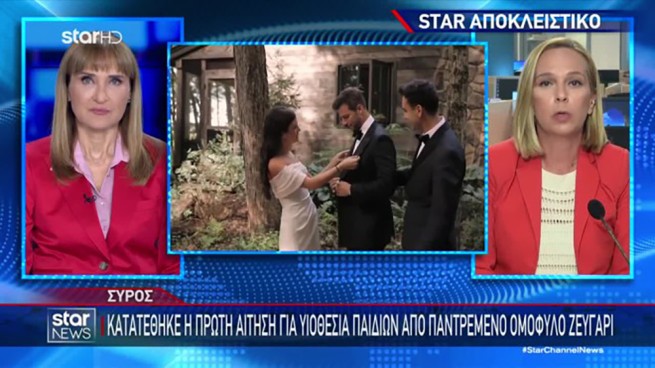
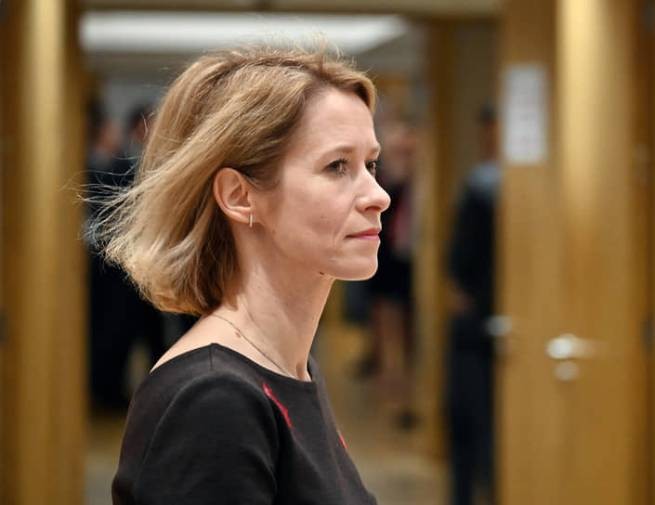

More Stories
Georgia's Path to the European Union "de facto suspended" (video)
Public execution in Pyongyang: 22-year-old found guilty of watching South Korean films (video)
New Delhi: One person died after a roof collapsed at an international airport due to bad weather.